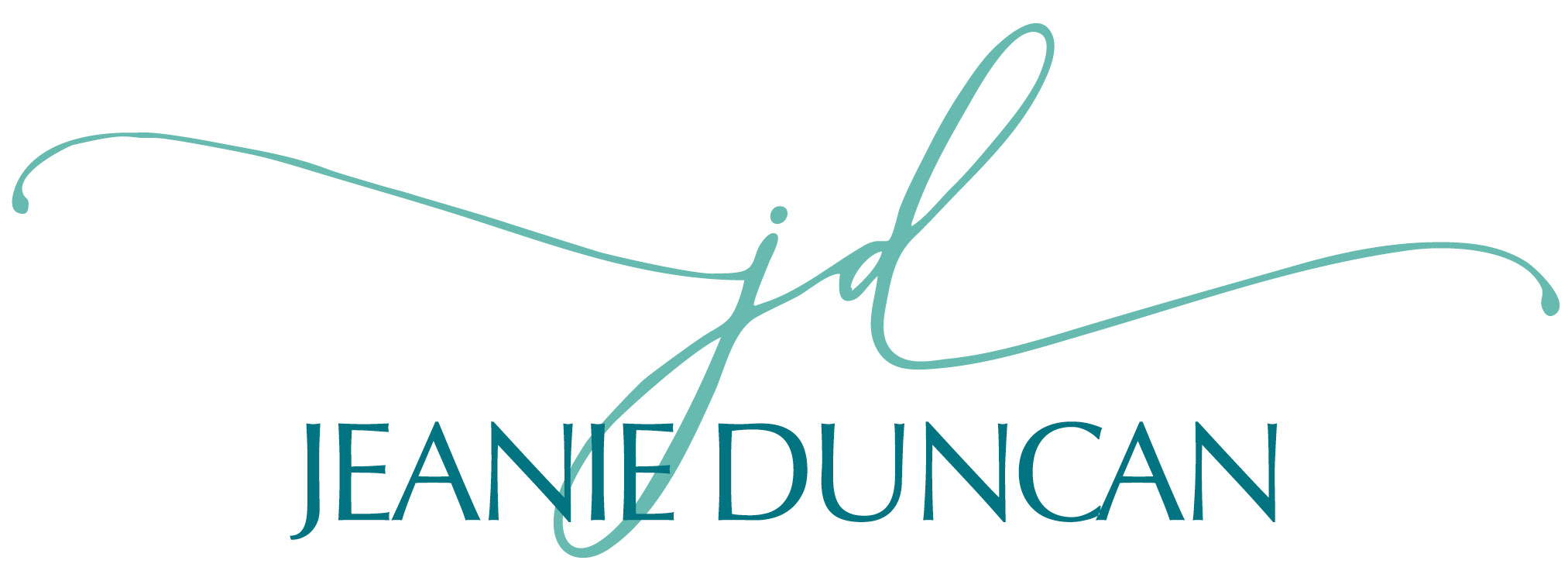Individuals come to coaching via different pathways and that path can make a big difference whether you meet it with openness or resistance, or a point somewhere in between. One thing for certain, to be successful, coaching cannot be forced.
Your perception of coaching greatly affects your readiness to benefit from having a coach. If it’s just a status symbol, a job perk, or a development tool being prescribed to you, it’s less likely that you’ll be open and commit the time and effort it takes to assess and change your behavior.
If you believe that your organization or boss is punishing you by asking you to get coaching, you may feel that it’s demeaning or a waste of time. But if you see coaching as a powerful tool to cultivate self-awareness, tap into your strengths, and facilitate learning, you’ve taken the first step toward realizing its value and benefit. It’s a good idea to assess your readiness for what will be a serious commitment, and at times an uncomfortable experience, as you stretch and grow through a coaching relationship.
Review the following and consider your response to help you determine your coaching readiness:
- I have or can make available the time for regular coaching sessions and for any action items that a coach might request, such as goal setting, assessments, and development activities.
- I want to make changes for myself, not for someone else.
- Coaching is happening at the right time and place in my life.
- I trust in the coaching process and believe that it will serve my learning and development.
- I am willing to eliminate or modify self-defeating behaviors that limit my success.
- I am open to receiving and reflecting on feedback that supports my growth and development.
- Hiring a professional coach is not a sign of weakness, but a worthwhile developmental strategy and worth the investment.
- I don’t feel resistance to engaging a coach and believe that coaching will make a difference.
In addition to the above points in considering a coaching relationship, there are challenges and complexities that arise in your life and work that can make it especially timely to seek external support and a strategy partner through coaching. You and/or your organization may be:
- Experiencing significant change and transition.
- Stuck, or not growing as you believe you could be.
- Unclear on where you need or want to be in five years.
- Experiencing increased complexity in your role and organization.
- Seeking a confidential, safe space where you can express concerns and challenges.
- Working too hard for the results you’re getting.
- Dealing with a high degree of stress, which is taking toll on your health and relationships.
- Unable to build a great team you trust and that works well together.
- Struggling with ‘managing it all’ and maintaining boundaries.
Understanding why you seek coaching and what you bring to the coaching relationship will make you more effective as a partner in creating an optimal experience. Think about your situation, motivation, learning style, and ability to use resources and relationships for growth. Now may be the ideal time to explore options for your growth and how coaching can be a significant accelerator for it.
 About Jeanie Duncan: Jeanie is President of Raven Consulting Group, a business she founded that focuses on organizational change and leadership development in the nonprofit sector. She is a senior consultant for Raffa, a national firm working with nonprofit clients to lead efforts in sustainability and succession planning, executive transition and search. Additionally, Jeanie serves as adjunct faculty for the Center for Creative Leadership, a top-ranked, global provider of executive leadership education.
About Jeanie Duncan: Jeanie is President of Raven Consulting Group, a business she founded that focuses on organizational change and leadership development in the nonprofit sector. She is a senior consultant for Raffa, a national firm working with nonprofit clients to lead efforts in sustainability and succession planning, executive transition and search. Additionally, Jeanie serves as adjunct faculty for the Center for Creative Leadership, a top-ranked, global provider of executive leadership education.


Recent Comments